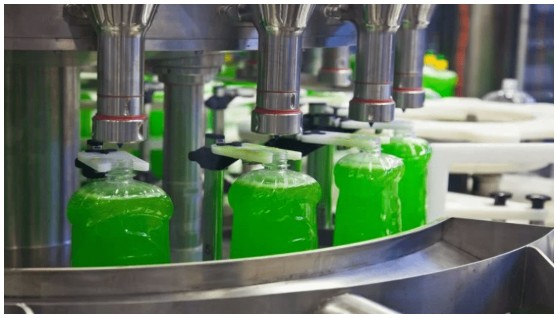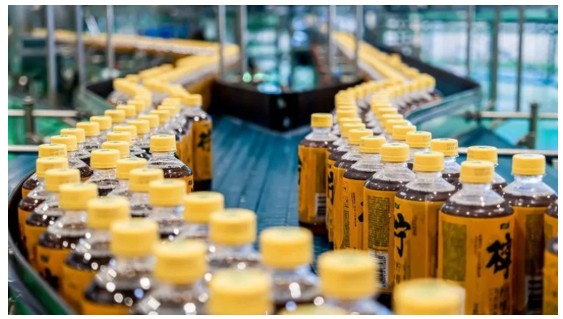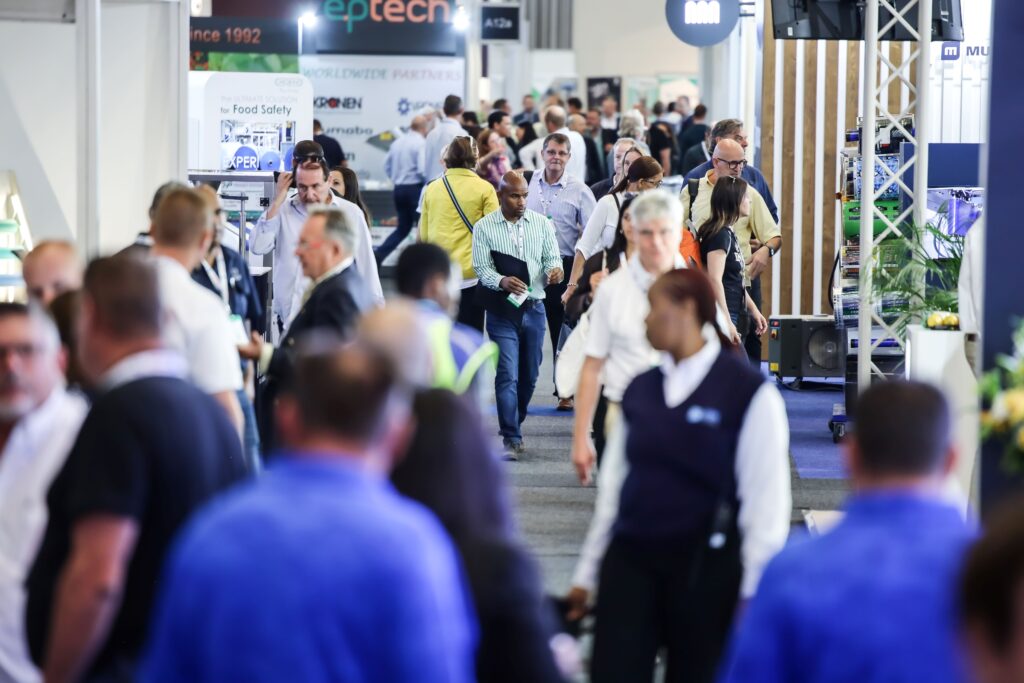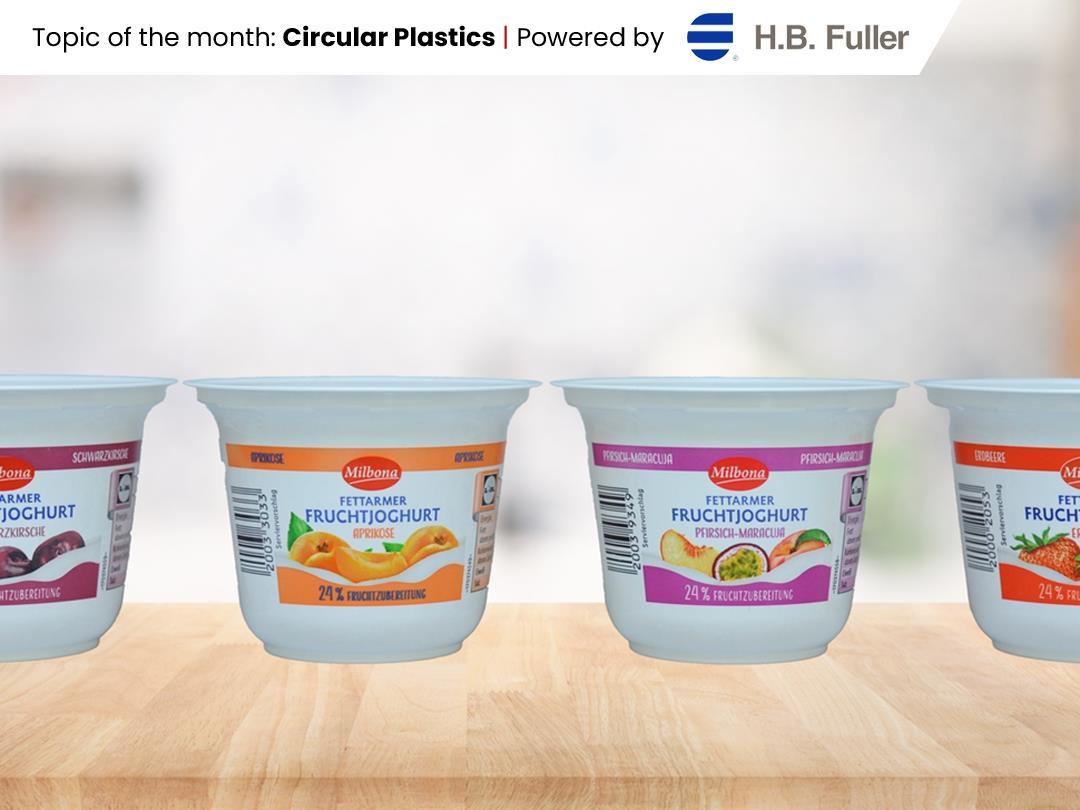Mickey D’s US rollout of the lid-free paperboard cups reduces plastic waste and supports sustainability goals. Watch a video of a machine producing an international variant, and read reviews from social media “experts.”
In a significant step towards sustainability, McDonald’s has introduced a novel soft-serve packaging design aimed at reducing plastic use in the United States. The fast-food giant has replaced its traditional McFlurry packaging, which featured a plastic dome lid, with an innovative lid-free cup made of paperboard.
The new design incorporates four perforated flaps that elegantly fold over the filled cup, offering both functionality and a more environmentally friendly alternative. This initiative aligns with McDonald’s broader commitment to minimizing its environmental footprint and promoting sustainable practices.
The rollout of the four-flap cups commenced on September 10, 2024, across all U.S. locations. Alongside this packaging innovation, McDonald’s introduced the Mini McFlurry, which is served in a smaller version of the same eco-conscious cup. Both the standard and mini McFlurry options will now utilize the four-flap packaging, further reinforcing the company’s dedication to reducing plastic waste.
By embracing innovative packaging solutions, McDonald’s is setting a precedent for sustainable practices within the fast-food industry, showcasing how consumer convenience can align with environmental responsibility.
Embracing Sustainability: McDonald’s Updated Cup Design
In a commendable effort to bolster its commitment to sustainability, McDonald’s has introduced an updated cup design for the US market. This initiative not only aims to reduce plastic packaging and mitigate single-use plastic waste but also aligns with the company’s broader environmental objectives.
As part of its pledge to source 100% of its primary guest packaging from renewable, recycled, or certified materials by the end of 2025, this new cup design marks a significant step forward. By prioritizing sustainable materials, McDonald’s is demonstrating a proactive approach toward minimizing its ecological footprint and fostering a circular economy.
This move serves as an exemplary model for corporations striving to blend operational efficiency with environmental responsibility. In a time when consumer awareness of environmental issues is at an all-time high, McDonald’s updated cup design exemplifies how innovation can facilitate a more sustainable future. As we look ahead, it is imperative that other organizations recognize the value in similar endeavors, thereby contributing collectively to a healthier planet.







